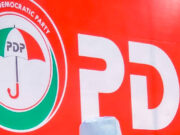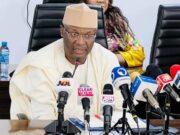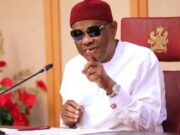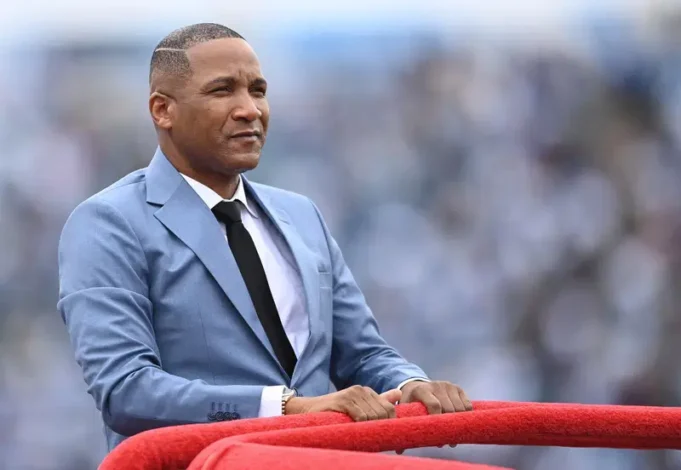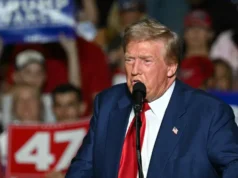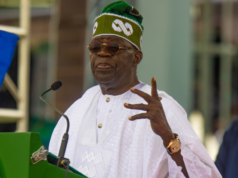Botswana officially inaugurated its new president, Duma Boko, on Friday, marking a new beginning after his overwhelming election victory that ended nearly 60 years of rule by the Botswana Democratic Party (BDP).
Boko, 54, took the oath of office at a grand ceremony in the national stadium in the capital, Gaborone, before thousands of jubilant citizens.
The event was also attended by several heads of state from southern Africa, including the presidents of Madagascar, Namibia, Zambia, and Zimbabwe, who witnessed the historic occasion.
In his speech, Boko, a former human rights lawyer turned politician, emphasized the collective effort that led to his victory.
“I stand before you today as the living embodiment of your deep and true resolve. Together, we usher in a new political dawn.”
Boko, the leader of the Umbrella for Democratic Change (UDC), which is a left-wing coalition, won a decisive 36 seats in Botswana’s parliament in the October 30 elections.
This was a dramatic shift in the political landscape, as the ruling Botswana Democratic Party (BDP), which had held power since the country gained independence from Britain in 1966, secured only four seats.
Former President, Mokgweetsi Masisi, who had conceded defeat just a week prior, was also present at the ceremony, acknowledging the smooth transition of power.
Boko, dressed in the colors of the Botswana flag — a blue shirt and black tie — made a memorable entrance to the stadium, waving to the crowd from a vehicle, accompanied by galloping white horses.
For many in the crowd, the event symbolized a new era of unity and hope.
“The attendance of Batswana from all walks of life shows how united we are and committed to nation-building,” said Wabuya Keobonye, an 88-year-old taxi driver at the ceremony.
Boko’s decision to declare the day a public holiday allowed citizens from all over the country to join in the historic moment.
“Today is a special day for us as citizens of this nation, and the president’s decision to declare it a holiday allowed us to come together and witness this important event,” Keobonye added.
In the lead-up to the election, the country’s high unemployment rate and struggling economy were central issues for voters, especially among the younger population.
The election saw an impressive 80 percent voter turnout, with approximately 34 percent of the voters being young people.
“Youth are the leaders of today, not tomorrow,” said Ipotseng Negroes, a 35-year-old farmer who attended the inauguration.
“We showed up in large numbers because we want change. The power of the people of Botswana is loud and clear.”


